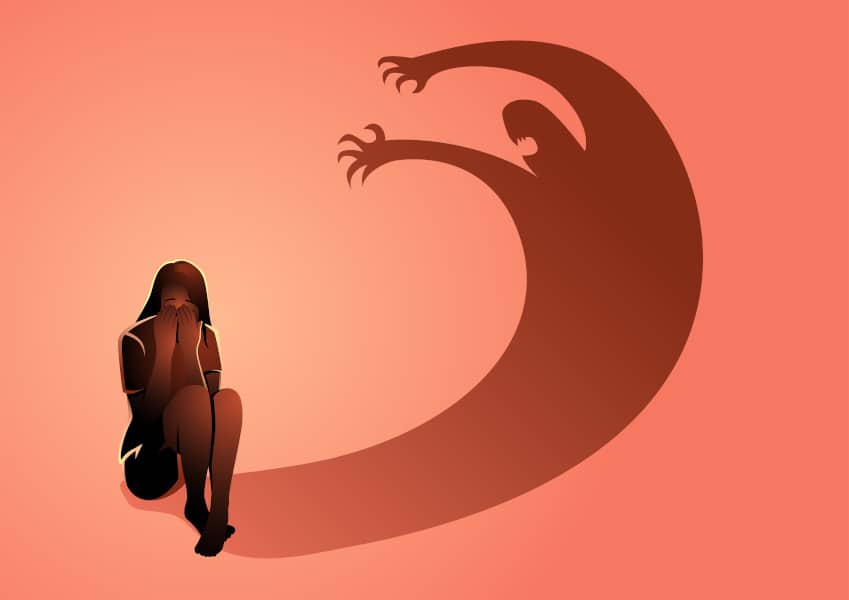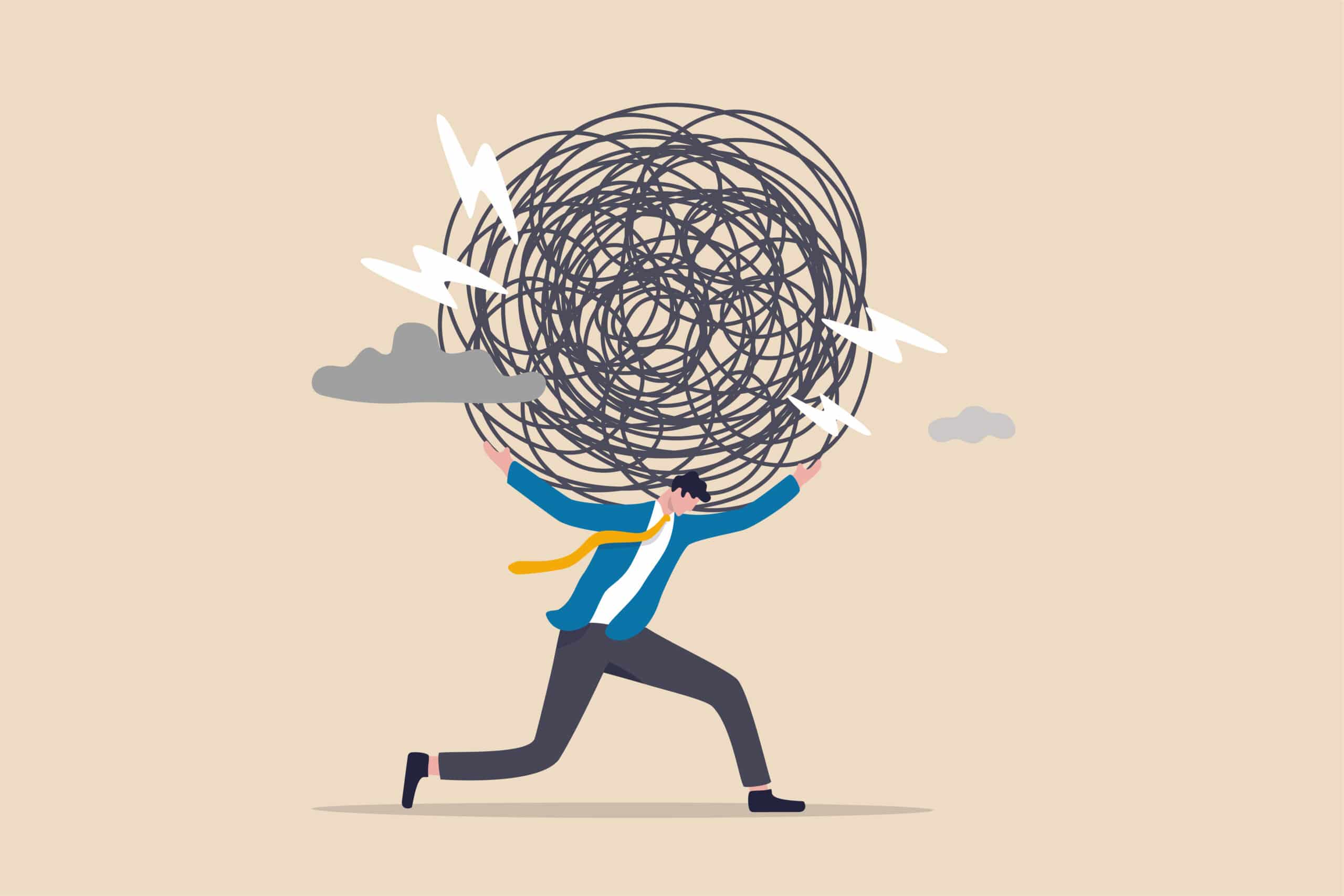Bipolar disorder is a serious mental health disorder that causes drastic shifts in mood, activity, and energy levels. It consists of two distinct mood episodes: manic episodes and depressive episodes. People with bipolar disorder vacillate between these two states over weeks or months, depending on the type of bipolar disorder they have.
Although there is no cure for bipolar disorder, you can learn to manage the condition through intervention and ongoing treatment. Identifying and coping with mania is a key skill to develop when living with bipolar disorder. How can you start recognizing and responding when you notice you’re entering or in the middle of a manic episode?
What is a Manic Episode?
Manic episodes are one of the two mood episodes that are part of bipolar disorder. Mania is a state of mind that consists of high levels of energy, excitement, and euphoria.1 It causes a drastic shift from your usual moods and behaviors. Some additional signs of mania include:
- Decreased need for sleep
- Feeling more active than usual
- Feeling jumpy or wired
- Irritability or touchiness
- Racing thoughts
- Experiencing “flighty” ideas (talking fast about a variety of things)
- Impulsivity
- Grandiosity
Symptoms must last at least a week to meet the criteria for a manic episode. Some people experience hypomania instead of full-blown mania. Hypomania symptoms are less severe and do not impede your ability to carry out social or occupational obligations.2 Symptoms of hypomania don’t last as long, usually around four days instead of at least a full week.
Recognizing Mania in Yourself
If you aren’t familiar with the symptoms of bipolar disorder, recognizing mania can be a challenge. Even if you know what to look for, it can be hard to identify when you’re in the middle of a manic episode. Symptoms might be evident from the outside looking in, but the increased energy and improved mood of mania can be a welcome change from draining depressive episodes.3
However, mania can have some significant impacts on your work or home life. If you find that you’re struggling with focus or attention while working, it could be a sign that you’re experiencing mania. You might also notice it if you feel more agitated or irritable than normal.
Recognizing Mania in a Loved One
Recognizing mania in a loved one is a little easier than recognizing it in yourself. Symptoms of bipolar disorder are more noticeable when you have an outside perspective. You have an idea of what their baseline looks like, so once they deviate from their typical moods and behaviors, they’re likely in an episode.
Recognizing signs of mania in a loved one may involve observing changes in their sleep patterns and increased impulsivity. They might engage in risky behaviors or struggle to fulfill obligations due to their erratic actions.Your loved one may become irritable or frustrated if you express concern about their mania, so it’s good to know how to intervene.
Finding Help for Bipolar Disorder
Unless you or your loved one are already receiving treatment, seeking help is the best thing to do once you identify symptoms of bipolar disorder. Coping with mania and depression alone is not easy. A specialized mental health treatment program like Lifeskills South Florida will teach you to develop the tools and skills you need to manage your bipolar disorder. To learn more about the programs and services we offer, call us at 954-953-1742 or submit an online contact form today.
References
- National Institute of Mental Health. (2023). Bipolar Disorder.
- StatPearls. (2023). Mania.
- National Alliance on Mental Health. (2021). What Is Mania, And What Does It Mean To Have A Manic Episode?.




